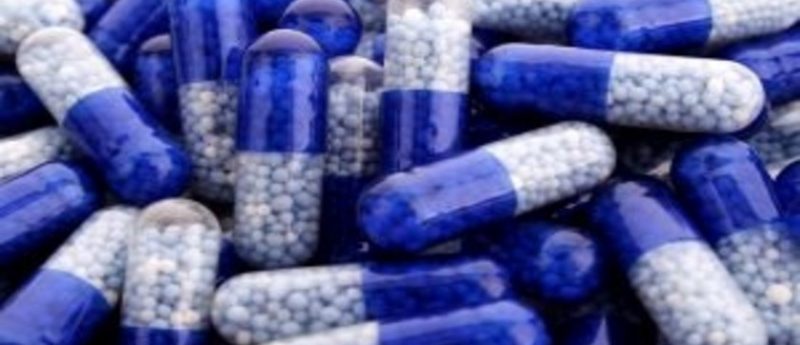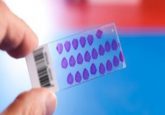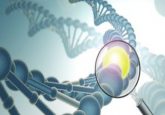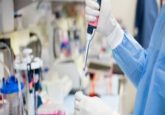New evidence for aspirin in breast cancer prevention and reduction

Aspirin has previously been linked to the prevention of a range of cancers, including colon, gastrointestinal and prostate malignancies. A new study, published recently in Laboratory Investigation, has added another to this list, indicating that aspirin may also be an effective agent against the growth of breast tumors.
Lead author of the study, Sushanta Banerjee (Cancer Research Unit, Kansas City VA Medical Center; KS, USA) wanted to test the theory that aspirin could alter the molecular signature of breast cancer cells significantly enough to prevent their spread.
Breast cancer cells were cultured in 96 different plates and just over half were exposed to different levels of aspirin. Upon analysis, it was determined that aspirin notably increased the rate of cell death. Of the cells that did not exhibit apoptosis, many were no longer able to grow and proliferate.
In the second part of the study, the effect of aspirin on tumor growth was assessed in 20 mice with aggressive tumors. Half of the mice received the human equivalent of 75mg of aspirin per day (a low dose) for 15 days. Following the 15 day study period, weighing of the tumors indicated that in mice that had received aspirin, tumors were on average 47% smaller.
Administration of aspirin to an additional group of mice for 10 days prior to exposure to cancer cells also highlighted the preventative capabilities of the drug for breast cancer. Mice receiving precancer aspirin exhibited significantly less cancerous growth than a control group 15 days after they had been exposed to cancer cells.
Banerjee believes that the key is to ensure that the conditions maintained around cancer stem cells are not suitable for reproduction, something which aspirin appears to be able to achieve.
“We found aspirin caused [any] residual cancer cells to lose their self-renewal properties,” explained Banerjee. “We could give aspirin after chemotherapy to prevent relapse and keep the pressure on, which we saw was effective in both the laboratory and the mouse model, and we could use it preventatively.”
On the risks associated with a daily aspirin regimen, Banerjee commented: “Of course there is a risk, but you have to weigh that against the risks of cancer. It’s true this is relatively new and we don’t know all the side effects yet, but this was a very low dose.”





